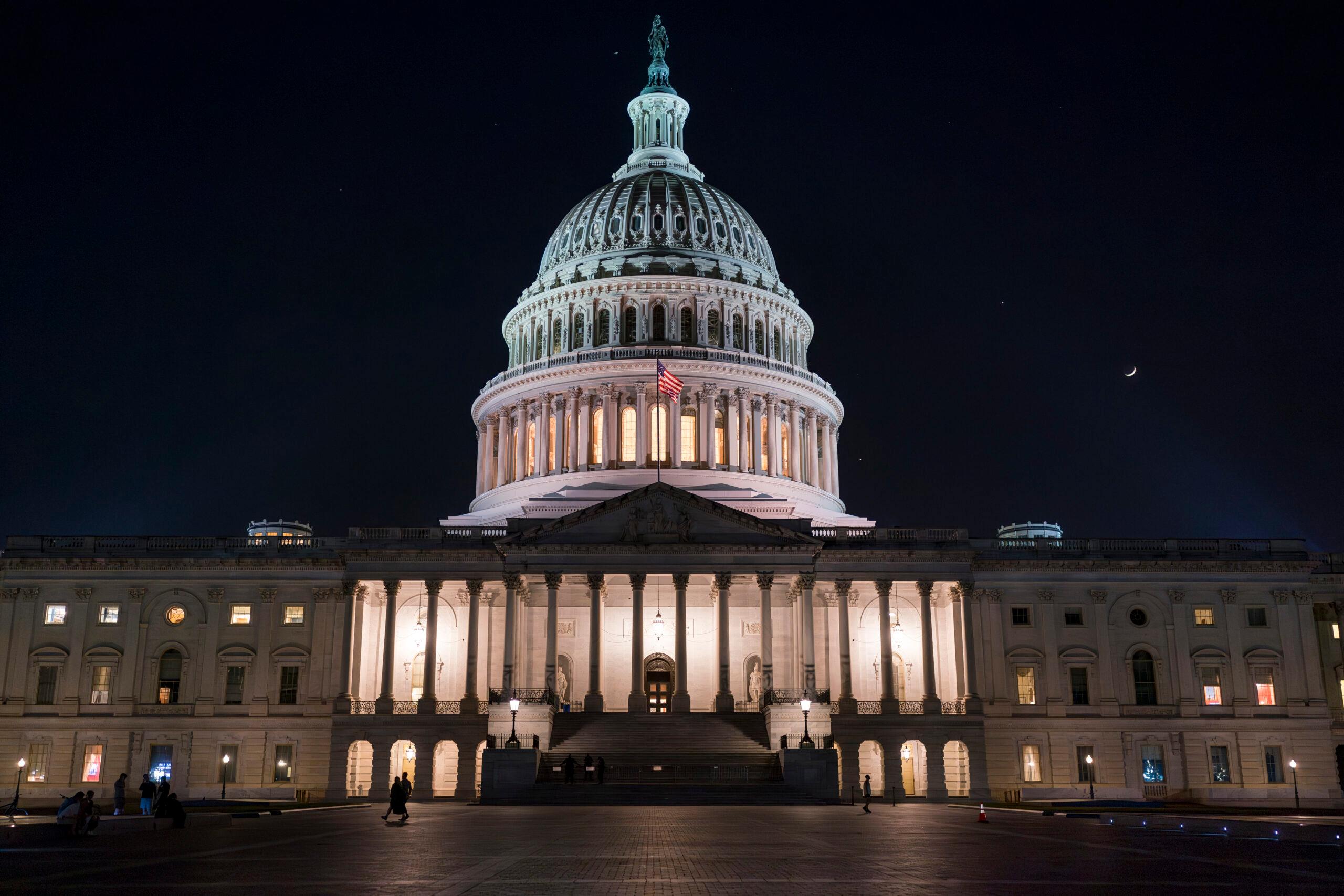
President Joe Biden, House Speaker Kevin McCarthy and their teams are still trying to find a compromise agreement before the federal government defaults on its payments.
A meeting Monday afternoon between Biden and McCarthy, described as “productive” by both sides, delivered scant progress as the June 1 deadline approaches.
“I actually believe at the end of the day, we can come to an agreement,” McCarthy said afterward at the U.S. Capitol. “We talked about ideas … So we're asking the staff to get back and run through those ideas to see if we could come to an agreement.”
What counts as 'unspent' pandemic aid money?
One of the ideas Republicans have been floating for months is clawing back unobligated federal COVID funds. It was part of the debt ceiling bill Republicans passed in the House in late April.
“Do you think it’s right that we would spend and leave money, billions of dollars, out there for COVID that we appropriated for two years, and they never spent and the pandemic's over?” McCarthy asked rhetorically.
The lack of details, though, has some at the local level worried the deal could come for money they are counting on for the future. Republican leaders' offices did not respond to questions about the unobligated funds they are seeking to get back.
“The thing I’m not clear on is the money that went to states, municipalities and counties,” said John Swartout, executive director of Colorado Counties Inc.
On the federal level, those funds were obligated and Treasury considers them to be expended, but “technically local governments and states have until 2026 to spend the money.”
Republicans hope to claw back between $30 and 70 billion from all the coronavirus aid packages signed into law during the Trump and Biden administrations.
State and local governments, tribes and territories got about $150 billion in direct aid from the CARES Act and about $350 billion in direct aid in the American Rescue Plan Act. They also received billions more in COVID aid for elementary and secondary education, public health, medicare payments, transit, infrastructure and more.
“So the question becomes what could be clawed back,” Swartout said. “When they’ve expended those funds to state and local governments, would they go so far as to ask for that money back? That would be difficult.”
He pointed out that some places have not spent their COVID money because they are waiting for other pieces of funding to put together a larger project or because they’ve held some back to deal with issues, like mental health, that communities will continue to grapple with long after the pandemic is declared over.
Kevin Bommer, executive director of the Colorado Municipal League, is optimistic that any clawback won’t impact funds that local governments have yet to spend.
He pointed out that the final rule for how to spend the money was finalized last spring. For him, it makes sense that local governments were waiting until this year to spend the funds, because “just in terms of responsible government, municipalities and counties and tribes would wait to make sure they knew all the rules of the road before making any obligations. And that’s why they must be obligated by 2024, [and] fully expended by 2026.”
Local Colorado leaders watch negotiations
Gov. Jared Polis is also confident that any deal will not claw back funding to state and local governments.
“Colorado has budgeted 100% of its SLFRF dollars and is following all Federal guidelines regarding funding provided directly to agencies from the U.S. Treasury,” Polis spokesperson Elizabeth Kosar said in a statement.
Many local leaders are watching negotiations anxiously for another reason: a default would impact their borrowing and local economy.
“If there was a default, you potentially have a lot of injury to local economies, just because it could throw the economy into recession,” Bommer said. “It will certainly slow down folks’ willingness to spend, whether it be on housing or anything else.”
Polis, a former Colorado congress member, also urged his former colleagues to get a deal.
“Coloradans don’t deserve to have their hard work and economic security devastated by petty dysfunction in Washington,” said Kosar. “Congressional Republicans must stop squabbling and come to a swift resolution on the debt ceiling."
McCarthy frequently mentioned that he had wanted to start negotiations on this earlier and pointed to bills passed by the last Congress as the reason for hitting the limit this quickly.
“We should find ways that we cap the amount of spending going out there because the Democrats … spent so much,” McCarthy said.
There has been much finger-pointing in Washington between the two parties blaming each other on social media, with Republicans calling it the "Biden default" and Democrats saying it’s MAGA Republicans who want to default.
Many local leaders are hoping that compromise, rather than brinkmanship, prevails in Washington, D.C., as they wait to learn the details of any deal.









